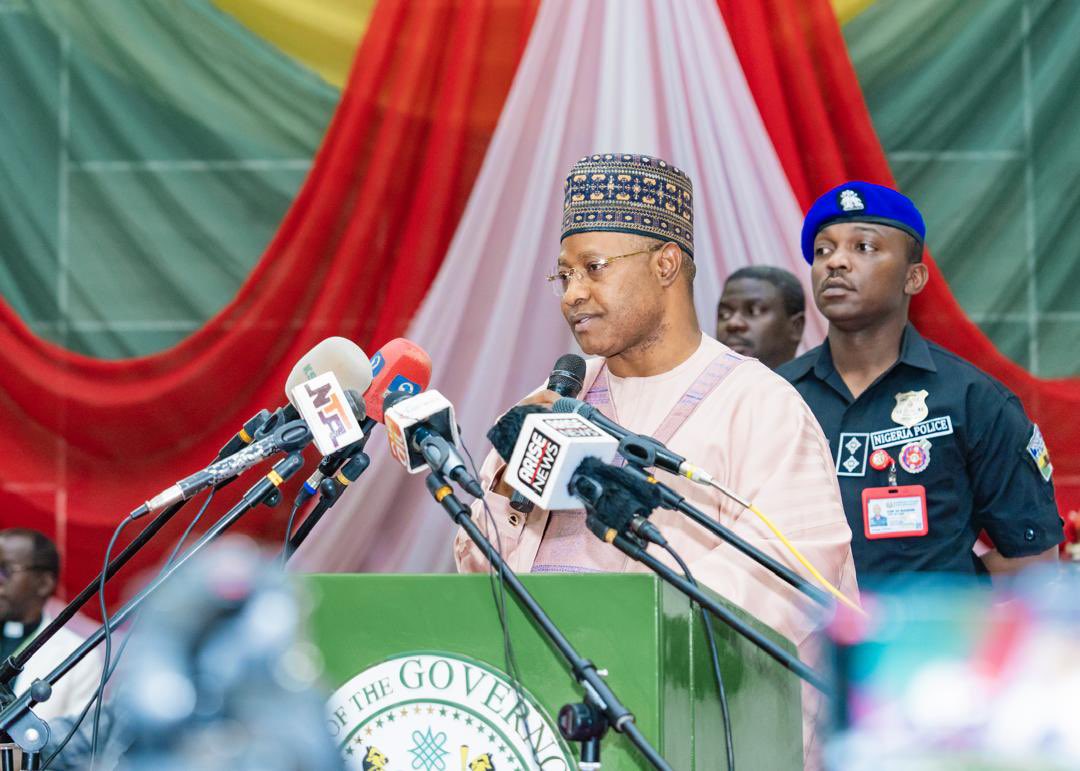Controversy Surrounds AI Use by Government Entities

In a dual development highlighting the intersection of artificial intelligence and national security, concerns are escalating regarding the use of AI technologies by both state actors and federal entities. Tennessee's Attorney General's Office has issued a stark warning about the risks associated with DeepSeek, an AI product with ties to the Chinese Communist Party, while the U.S. State Department is set to launch an AI-driven program to monitor and potentially revoke visas of foreign students.
Tennessee Attorney General Jonathan Skrmetti emphasized the potential dangers DeepSeek poses to both the country and its consumers. The state government has already banned its use on state-owned devices. Skrmetti cited research indicating serious threats related to data privacy, weaponization, cybersecurity, and the promotion of propaganda. Data provided to DeepSeek is stored in China and accessible to Chinese intelligence agencies, lacking strong encryption and usage limits. The AI's collection of user data, including keystrokes and IP addresses, can generate detailed profiles, enabling disinformation campaigns and personalized scams. Security researchers have also identified DeepSeek as "high risk," creating user vulnerability to online threats. Additionally, the platform is accused of censoring information critical of the Chinese government while promoting its propaganda.
The State Department's "Catch and Revoke" initiative, as reported by Axios, will employ AI to scan social media accounts of student visa holders, seeking evidence of support for Hamas or other U.S.-designated terror groups. This includes posts made after the October 7 attacks in Israel, as well as participation in anti-war or pro-Palestinian demonstrations. The department is also reportedly reviewing news reports of anti-Israel demonstrations and lawsuits filed by Jewish students alleging unchecked antisemitic activity by foreign nationals. This initiative involves collaboration between the State Department, the Department of Justice, and the Department of Homeland Security.
Civil and constitutional rights groups have voiced strong opposition to the State Department's plan, raising concerns about free speech. The Foundation for Individual Rights and Expression cautioned against relying on AI to interpret nuanced expressions about complex issues like the Israeli-Palestinian conflict, warning that the program would encourage self-censorship on college campuses. Abed Ayoub, head of the American-Arab Anti-Discrimination Committee, echoed these concerns, framing the initiative as a First Amendment issue that could be perceived as sacrificing free speech rights for a foreign nation.
These developments follow pledges from President Donald Trump to deport non-citizen college students involved in pro-Palestinian protests. The Trump administration previously announced the withdrawal of significant federal grants and contracts from Columbia University, citing the university's alleged failure to address persistent harassment of Jewish students during protests related to the conflict in Gaza. Allegations of both antisemitism and Islamophobia have surfaced amid these protests and counterprotests.
The convergence of these events underscores the growing complexities and ethical considerations surrounding the use of AI in areas of national security, data privacy, and freedom of expression. As AI technologies become more integrated into various aspects of life, the need for careful oversight and regulation becomes increasingly apparent.











